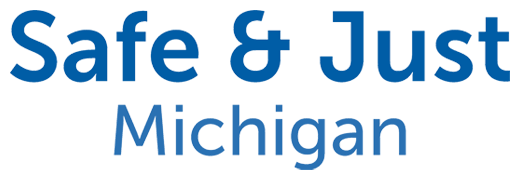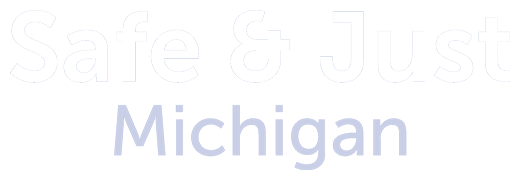Event Advisory
Lansing — People who struggle to find a good job or safe and affordable place to live because old items on their criminal record hold them back can get a chance at a fresh start at an expungement fair being presented by Ascend Wellness’ the CO-LAB for Social Equity from noon to 4 p.m. on Friday, May 16, at the Allen Neighborhood Center, 1161 E. Kalamazoo St. in Lansing. People interested in getting help at this free event are asked to preregister by going to bit.ly/SJMMay162025.
The event is presented by Ascend Wellness’ social equity program the CO-LAB, which advocates for the rights and participation of all, especially those historically affected by the war on drugs, aiming to rectify past injustices through actions like expungements and decriminalization. Ascend Wellness is a New Jersey-based, vertically integrated cannabis producer with operations in Michigan and six other states. Co-sponsors of the May 16 event are Safe & Just Michigan, the Allen Neighborhood Center, Legal Services of South Central Michigan and the Michigan Attorney General’s Office.
Michigan’s 2020 Clean Slate law expanded expungement opportunities. Getting an expungement can be a transformative experience, as many landlords and employers routinely screen out people with a criminal record. A 2020 University of Michigan study found that a people’s average wages rose 23 percent in the year after receiving an expungement.
WHO: Kamau Sandiford, Safe & Just Michigan Clean Slate Program Manager
WHAT: Expungement Fair presented by Ascend Wellness’ the CO-LAB for Social Equity
WHERE: Allen Neighborhood Center
1161 E. Kalamazoo St.
Lansing, MI
WHEN: Friday, May 16 from noon to 4 p.m.; pre-register at bit.ly/SJMMay162025
###
Safe & Just Michigan (www.safeandjustmi.org) advocates for evidence-based policies that reduce the harms of the criminal legal system and promote justice, community safety and healing. We partner with Michigan organizations and leaders from across the political spectrum, including business and community leaders, faith communities, crime survivor organizations, formerly and currently incarcerated people and their families, as well as Michigan taxpayers statewide.



